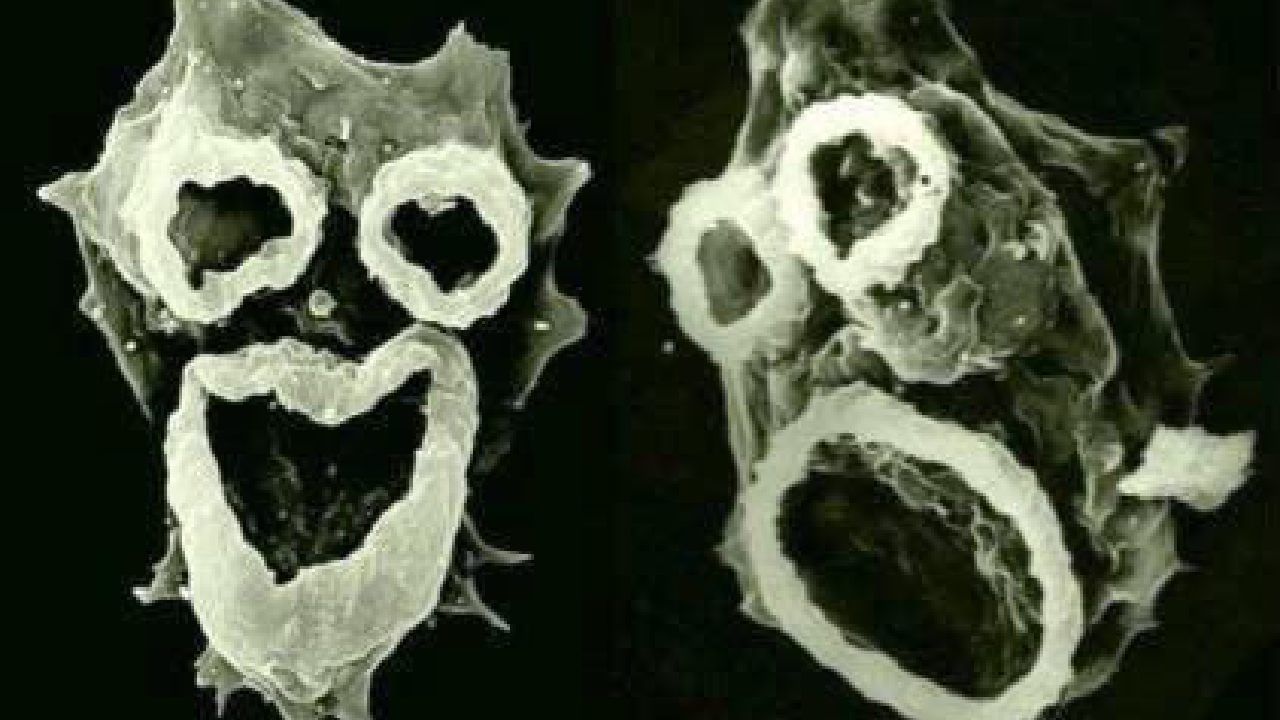Chennai: Health authorities in Tamil Nadu are stepping up public awareness campaigns following a reported rise in fatal cases of Primary Amoebic Meningoencephalitis (PAM) in neighbouring Kerala. The rare and devastating infection is caused by Naegleria fowleri, a free-living amoeba often dubbed the “brain-eating amoeba.” While confirmed cases have been localized to specific areas in Kerala, such as Kozhikode and Munnar, the proximity has prompted neighbouring states like Tamil Nadu to issue precautionary guidelines and assure the public.
The amoeba is typically found in warm, stagnant freshwater bodies like polluted lakes, ponds, and poorly maintained swimming pools. Infection occurs when contaminated water enters the body through the nose during activities like swimming or diving. The amoeba then travels to the brain, destroying tissue and causing severe inflammation. The infection is not contagious and cannot be spread from person to person or by drinking contaminated water.
Understanding the Symptoms and Lethal Nature of the Infection
The onset of symptoms is rapid and severe, typically starting within a week of exposure. Initial signs mimic common illnesses and include headache, fever, and vomiting. However, the condition quickly deteriorates to more serious neurological symptoms such as a stiff neck, seizures, confusion, loss of attention to surroundings, hallucinations, and coma. The disease progresses with alarming speed, and medical experts note that death can occur within as little as 18 days after the amoeba enters the body.
The extreme rarity of PAM makes it particularly challenging to diagnose. There are no widely available rapid tests, and the symptoms are often mistaken for bacterial or viral meningitis in the early stages, which can delay critical, targeted treatment. This diagnostic difficulty, combined with the infection’s aggressive nature, contributes to its extremely high fatality rate.
Official Reassurance and Crucial Public Safety Measures
In response to growing public concern, Tamil Nadu’s Health Minister, Ma. Subramanian, addressed the media at the Rajiv Gandhi Government Hospital in Chennai. He confirmed that no cases of Naegleria fowleri infection have been reported in Tamil Nadu but emphasized the importance of preventive measures. “There is no need to panic,” Minister Subramanian stated, echoing the sentiments of health officials. “This is not an infectious disease. Public awareness is our strongest tool for prevention.”
The primary and most effective advice from health officials and doctors is to avoid swimming or submerging one’s head in warm, stagnant, or polluted freshwater sources. This includes untreated lakes, ponds, and rivers, especially during the warm summer months when water temperatures are higher and water levels may be lower. The public is urged to use only clean, chlorinated water for recreational activities and to use nose clips as an additional protective measure when entering any freshwater body.
